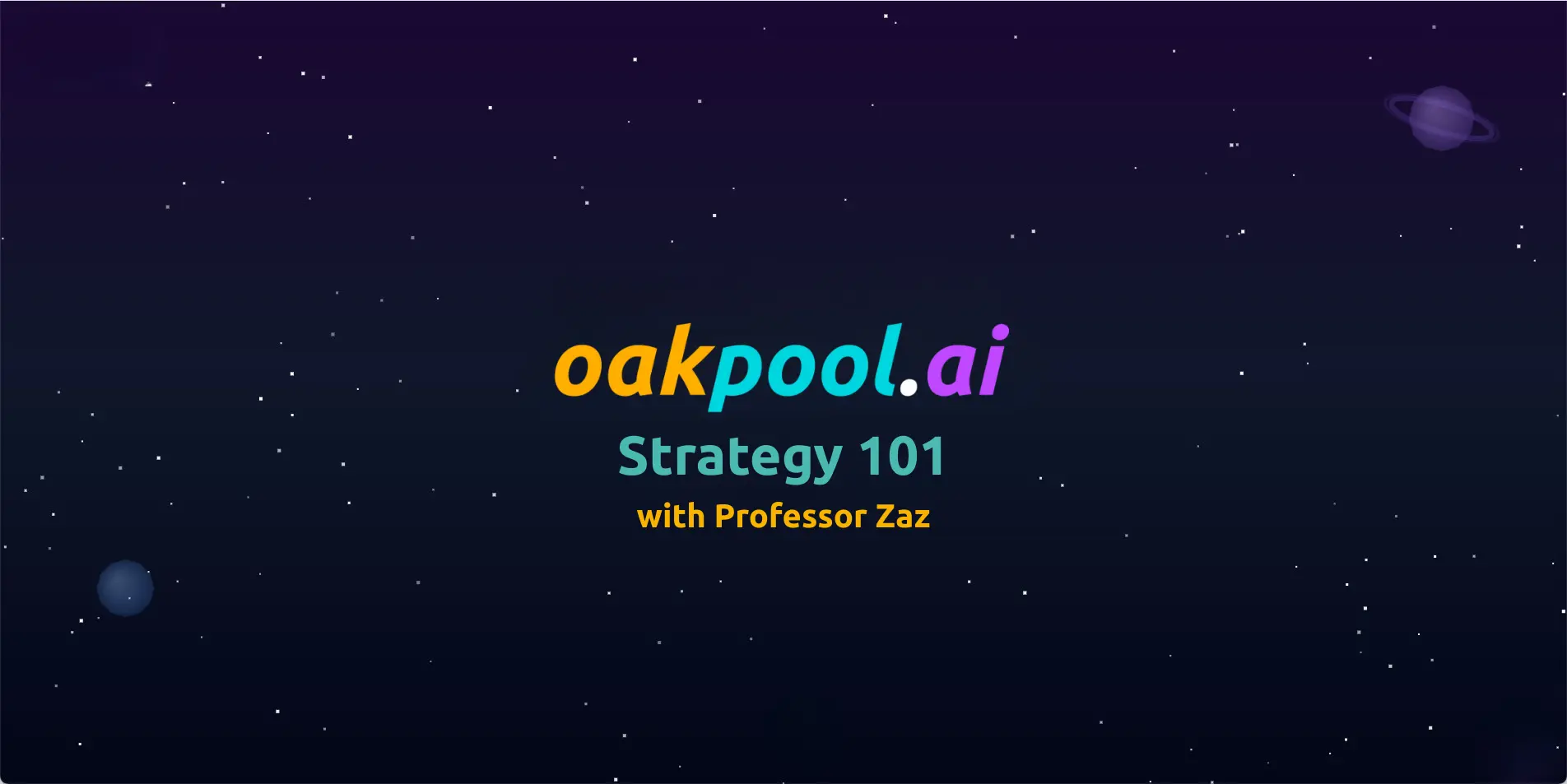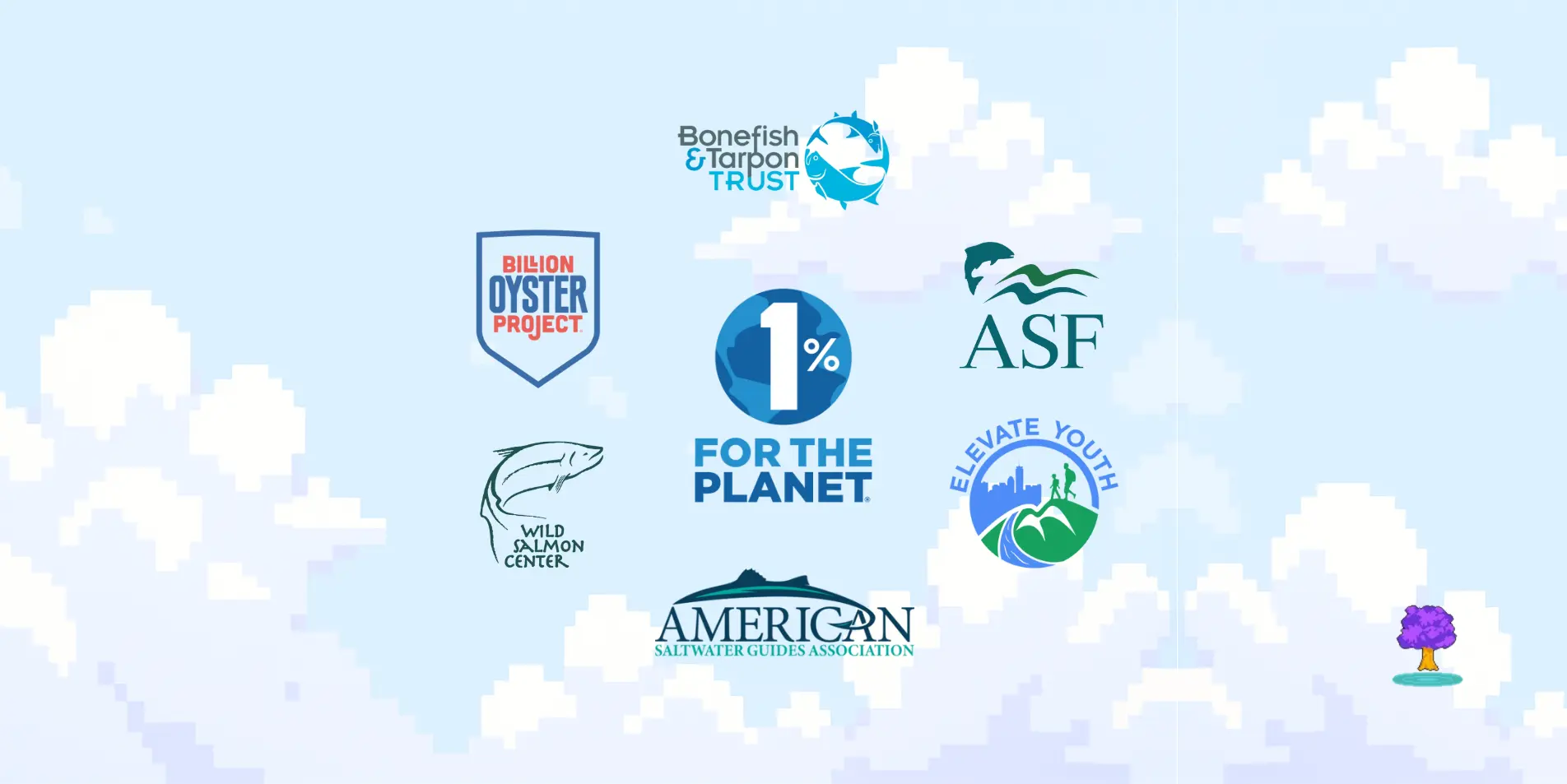Digitally Native Independents Vs. Agency Hold Cos
In a world that is increasingly driven by technology, the marketing landscape is continuously evolving. As digital tools and platforms become increasingly sophisticated, marketing technology (MarTech) and data stacks have emerged as critical drivers of business success. Yet, it seems that the typical independent digitally native agency is outpacing the traditional agency holding company (such as WPP and Publicis Groupe) in this race, displaying a level of agility and adaptability that has left their larger counterparts lagging behind. In this article, we shall dissect the reasons behind this disparity and explore the consequences of this digital divide.
The underlying factor in this power shift is the innovative approach adopted by independent digitally native agencies, which have recognized the value of leveraging MarTech and data stacks to optimize their marketing efforts. These small but mighty players have embraced an entrepreneurial spirit, prioritizing a lean and nimble organizational structure that facilitates rapid decision-making and seamless integration of new technologies. This has empowered them to incorporate cutting-edge MarTech solutions into their operations, outshining their more cumbersome counterparts.
Contrastingly, traditional agency holding companies have struggled to keep pace with the technological revolution. In many cases, they have been hamstrung by their own success, weighed down by sprawling organizational structures, legacy systems, and a risk-averse mentality. In an era where agility and adaptability are paramount, the lumbering giants have fallen considerably behind, leaving them at a competitive disadvantage.
A key aspect of this disparity lies in the discrepancy between the data stack capabilities of independent digitally native agencies and traditional agencies. The former have adopted a data-centric approach from the outset, building robust and scalable data stack infrastructures that enable them to harness the power of real-time data and analytics. Consequently, they have been able to gain deep insights into their target audiences, enabling them to craft targeted marketing strategies that resonate with consumers.
On the other hand, traditional agencies have often been slow to recognize the importance of a data-driven marketing approach. Hindered by outdated systems and processes, they have struggled to integrate advanced data stacks into their operations, leaving them ill-equipped to capitalize on the wealth of insights available through sophisticated data analytics. This has resulted in marketing campaigns that are often misaligned with the rapidly changing preferences and behaviors of consumers, ultimately undermining their effectiveness.
The implications of this digital divide extend far beyond the realm of marketing. As independent digitally native agencies continue to outpace traditional agencies in terms of technological prowess, they are increasingly encroaching on the territories once dominated by these behemoths. In a world where data is the new oil, the ability to harness and utilize it effectively has become a defining factor in business success. Those companies that are unable to adapt and evolve risk being left behind, victims of their own complacency.
The MarTech and data stack revolution has disrupted the balance of power in the marketing world, with independent digitally native agencies emerging as unlikely champions. Embodying the agility, adaptability, and entrepreneurial spirit necessary to thrive in today’s fast-paced digital landscape, these nimble newcomers have outstripped their traditional agency counterparts in terms of technological innovation. As the gulf between the two continues to widen, the onus is on the traditional agencies to evolve or risk being left behind in the dust of their more agile competitors.
Resources
“The Power of Independent Agencies” – Greater Than One
“Why Do Agencies Stay Independent?” – AdWeek
“Why The Future Favors Independent and Small Ad Agencies” – AdAge






